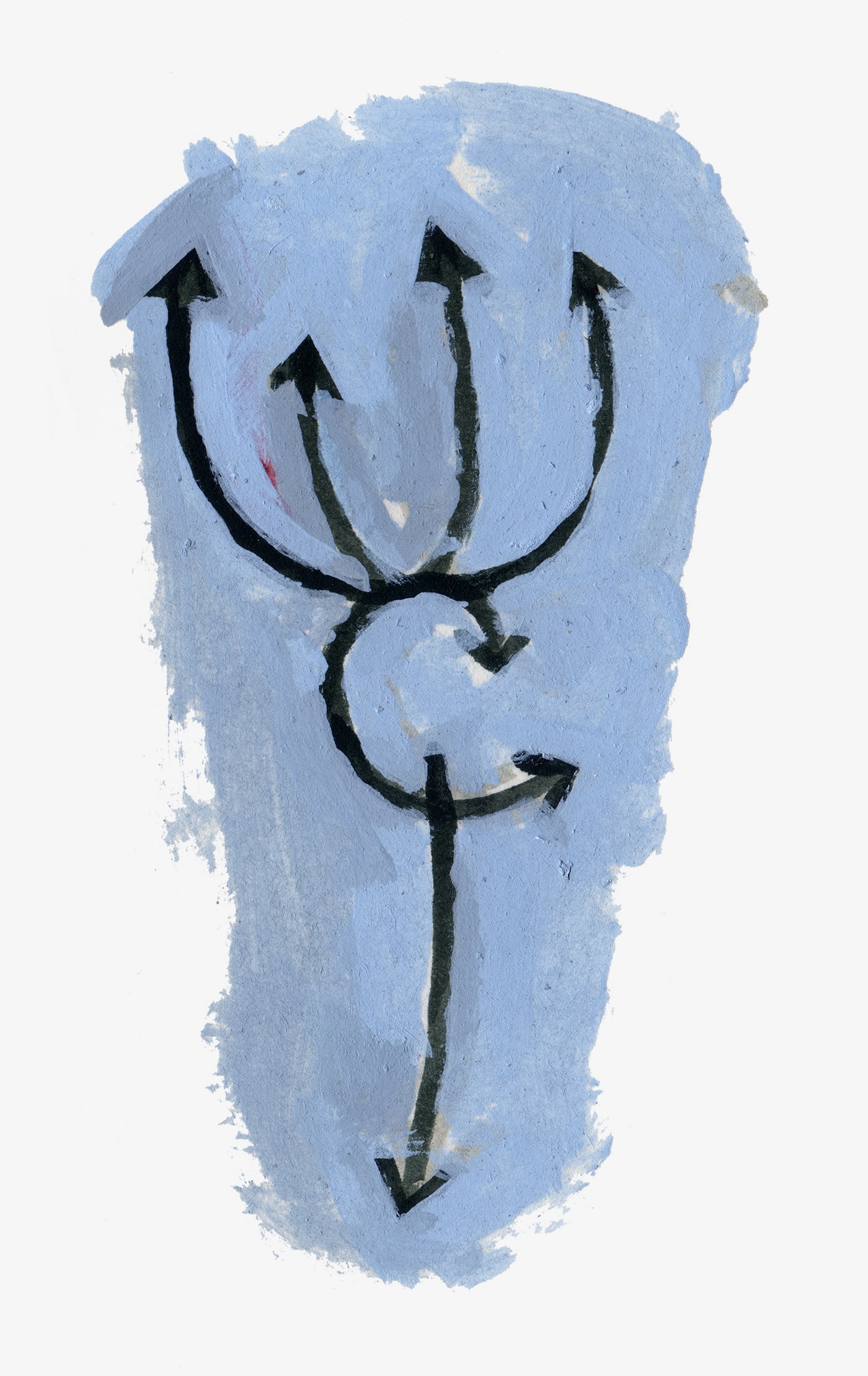Each
Consisting of two sections and several special screenings, Time Machine is only partially based on a linear sequence of dates and events. A flower from the poster of the eponymous film by Mariano Llinás can be seen as one of its symbols: the diverging and intertwining plots originating from a general scheme suddenly reveal a subtle resemblance to each other. Minor retrospectives of films by Alexei Balabanov, the surly joker of the 1990s, and of Pyotr Lutsik and Alexei Samoryadov, the mythmakers of Russian fringes, coexist with Monty Python's absurdist sketches.
The main part of the Time Machine: 1986-2000 programme makes 14 cinematic stops in the past. Each year is represented by two films, one in Russian and one in a foreign language. The programme is not restricted to a certain genre, school or national cinema, but focuses on the authors’ voices, vision, artistic statements and transcultural stances, giving equal space to alternative interpretations and allowing for the coexistence of a variety of viewpoints.
In Extraordinary Series, short Monty Python sketches strung together on a hypothetical plot are in counterpoint to Mariano Llinás’ saga The Flower (La Flor, 2018). The Flower is 812 minutes of stories that have no beginning or break off in the middle: a pastiche pretending to be a B-movie follows a parody; a horror film and a musical are followed by a spy melodrama; and after that there is suddenly a remake of a classic film. The screenings in the Extraordinary Series are organized as film marathons.
The Time Machine programme also includes films related to the To Moscow! To Moscow! To Moscow! exhibition project. To a certain extent, these films supplement it, as they were selected by the project curator and the key figure of the entire Santa Barbara season, the Icelandic artist Ragnar Kjartansson.
Along with seasonal film projects,
There will be a public programme of conversations with filmmakers and film critics at the screenings.
All films will be shown in their original languages with Russian subtitles.

We cannot travel in space, which has become a privilege, but we can entirely possess time. Time travel goes in two directions: back to the past and forward into the future. Getting ahead of time is a tempting fantasy, but without looking back at our yesterdays a leap ahead is doomed. The prospect is all the more fascinating if you imagine, experience, rethink, and update the recent past. For example, that period from the beginning of perestroika to the end of the Yeltsin era; the fall of the Berlin Wall and 9/11. Or, if you like, from Chernobyl to the sinking of the Kursk submarine. The radical retrofuturism of the first films of the Ghibli Studio and the universal nostalgia of the turn of the century.